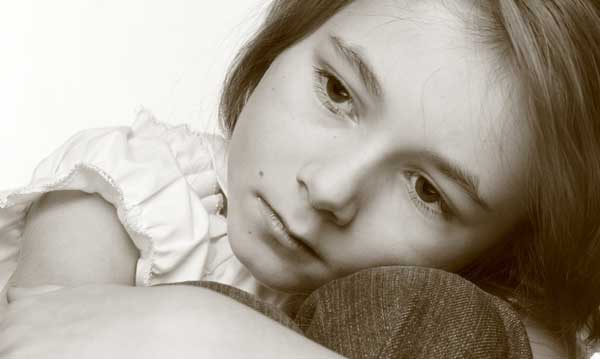Child’s Lying Is a Good Sign of Mental Development
Very often, when faced with children’s lies, parents start panicking: they perceive child lies from the position of “adult” morality and condemn it, finding it unacceptable. They begin to re-educate the child, punish him or her, etc. However, Canadian experts console us: if a child is lying, it’s actually a good sign.

Of course, systematic lies may be a sign of unhealthy psychology and a reason for addressing experts. But sporadic cases of child lies should not scare parents. According to experts, the ability to tell lies only indicates that the child develops normally.
The researchers from the University of Toronto have found that the ability to lie appears on one of the stages of the child’s mental development. It is important for this stage to take place. Canadian experts are convinced that the child should learn to lie and be aware of the lies. During their experiments, they were convinced that children “grow mentally” and sharpen their mind when they lie about the facts.
The study, conducted by the Canadian scientists, involved more than 1,000 children under the age of 17 years. The young participants were tested for honesty by putting a toy in a certain place in the room and asking not to look at it, when there were no adults in the room. Some children failed this test, but they lied that they had not looked at the toy – the scientists knew of the fraud because the reaction of the children was recorded with the hidden camera.
As a result, the researchers found that about 20% of the two-year-old kids lied, and 90% of the children learned how to lie by the age of four years. The children aged 12 years proved to be the most sophisticated liars.
The experts assure parents that most of child lies is a quite innocent deception, and there is nothing to worry about. Little liars will not grow to become pathological liars if they lie to adults only from time to time. Children’s development would only benefit from the child’s ability to tell lies.
